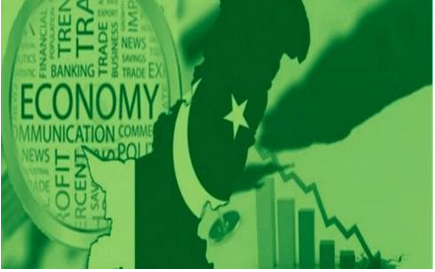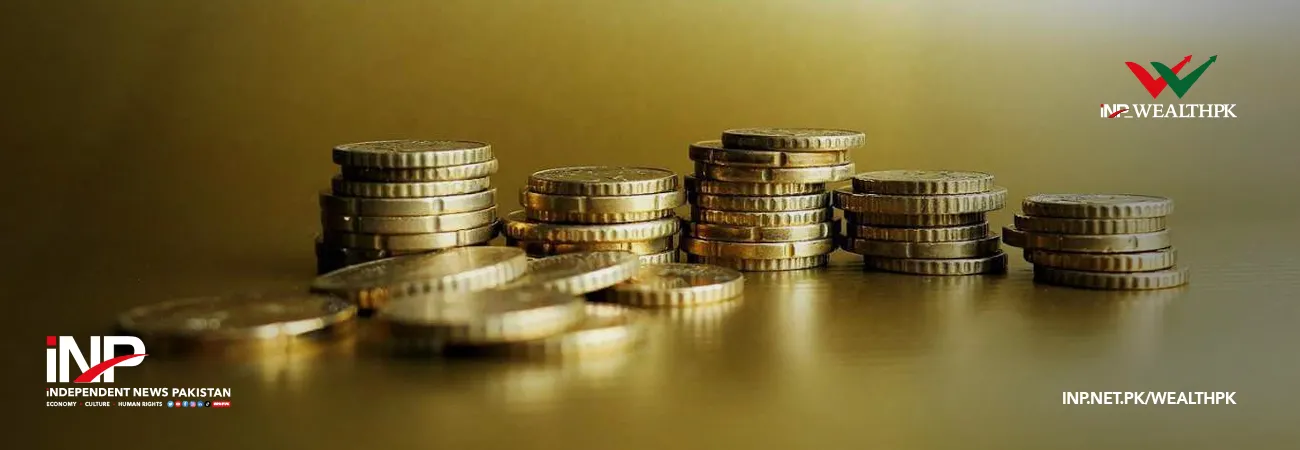INP-WealthPk
Moaaz Manzoor
While Pakistan’s economic stability has improved with declining inflation and stable exchange rates, long-term growth hinges on job creation, rising incomes, and sustained policy coherence, reports WealthPK.

Pakistan’s annual inflation rate declined to 2.4% in January 2025, down from 4.1% in December 2024, according to the data released by the Pakistan Bureau of Statistics (PBS). This marks a significant improvement in price stability. On a monthly basis, the Consumer Price Index (CPI) increased by 0.2% in January 2025, compared to a 0.1% rise in December 2024 and a 1.8% increase in January 2024.
Speaking with WealthPK, Dr. Sajid Amin Javed, Deputy Executive Director of Sustainable Development Policy Institute (SDPI), emphasized that the economy had entered 2025 on strong foundations. "All major economic indicators are moving in the right direction. Inflation is at its lowest level in four to five years, exchange rates are stable, and interest rates are declining," he noted.
Unlike the previous IMF programs, which were often associated with rising inflation, currency depreciation, and surging interest rates, the current Stand-By Agreement (SBA) with the IMF has provided a stable base for the economy. “This is one of the few programs that is starting on a positive note," he added. However, Dr. Javed stressed that while macroeconomic stabilization had been achieved, policy coherence was now critical.
"The government must focus on creating jobs and improving livelihoods. While the inflation is stabilizing, the prices are not decreasing significantly. Without higher incomes, the purchasing power will remain constrained," he explained. He urged the government to prioritize job-producing sectors, as sustainable poverty reduction depended on employment generation. "The year 2024 was about stabilization; 2025 should focus on livelihoods and economic well-being," he said.
Macroeconomist Asad Ejaz Butt of the University of Massachusetts, Boston, attributed the decline in inflation to a high base effect, tight monetary policy, and exchange rate stability. He noted that the falling interest rates, in theory, should stimulate demand. However, he cautioned that weak business confidence could delay economic recovery. "The next few months will determine whether we are witnessing a smooth landing or signs of a deeper economic slowdown," he observed.
Pakistan’s economic outlook appears to be strengthening, but long-term stability will depend on an effective policy execution. While macroeconomic indicators suggest progress, the key challenge is to ensure that these gains translate into real economic benefits for the people. Without a focused strategy to increase employment and incomes, the risk of stagnation remains. The government must take proactive steps to boost productivity, attract investment, and ensure an inclusive and sustainable economic growth.
Credit: INP-WealthPk




